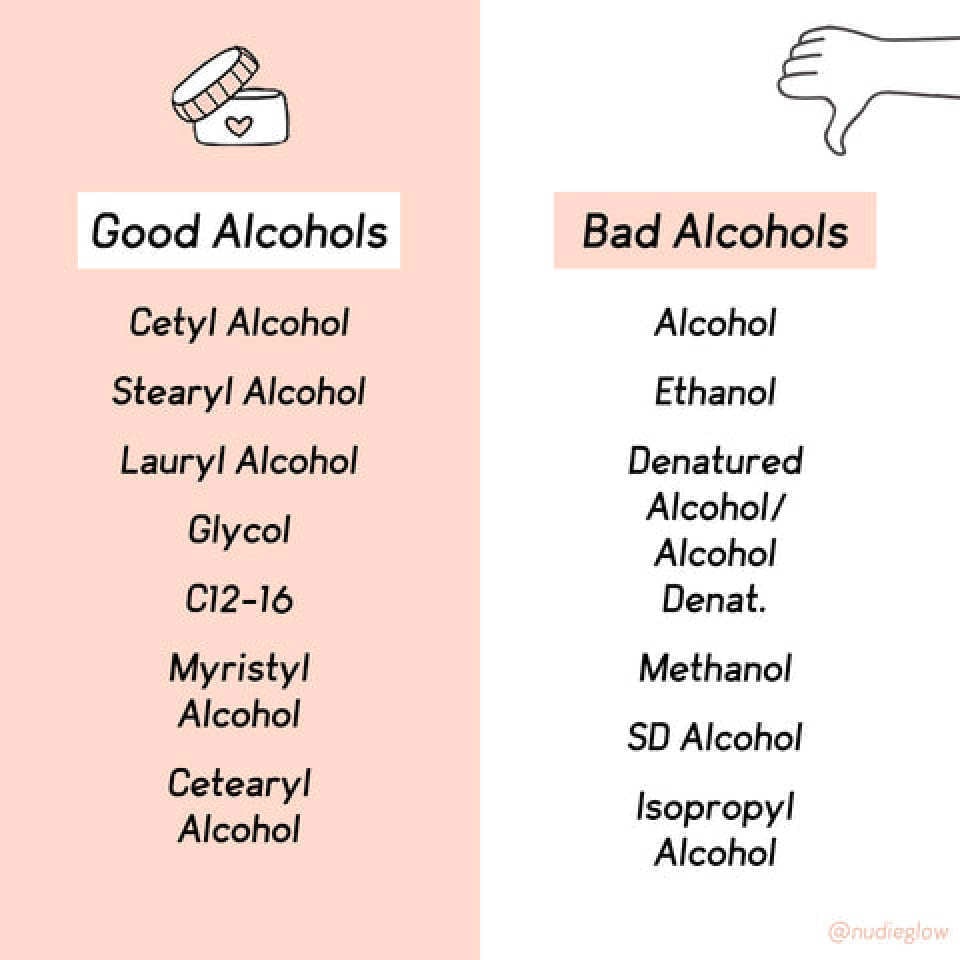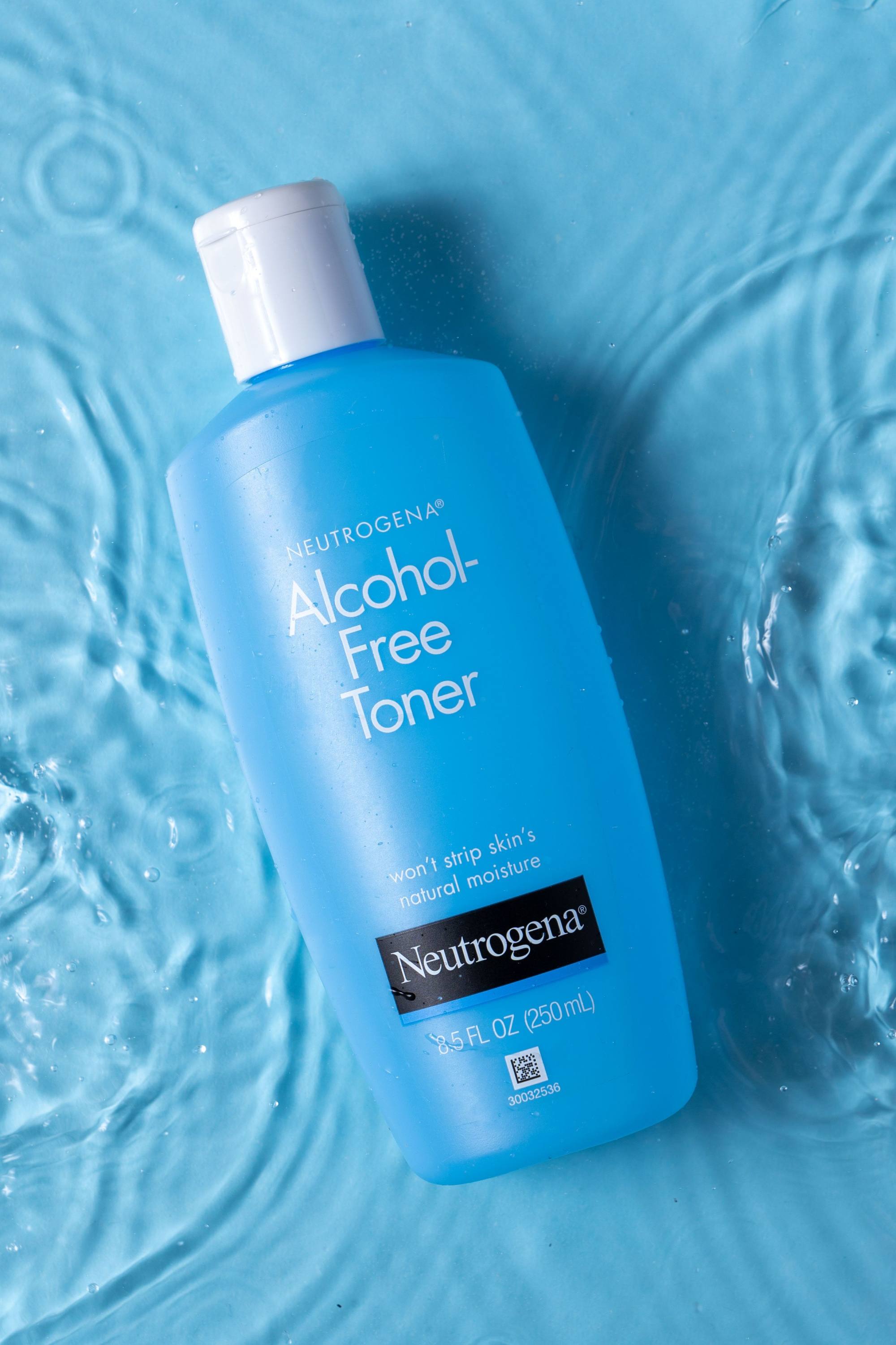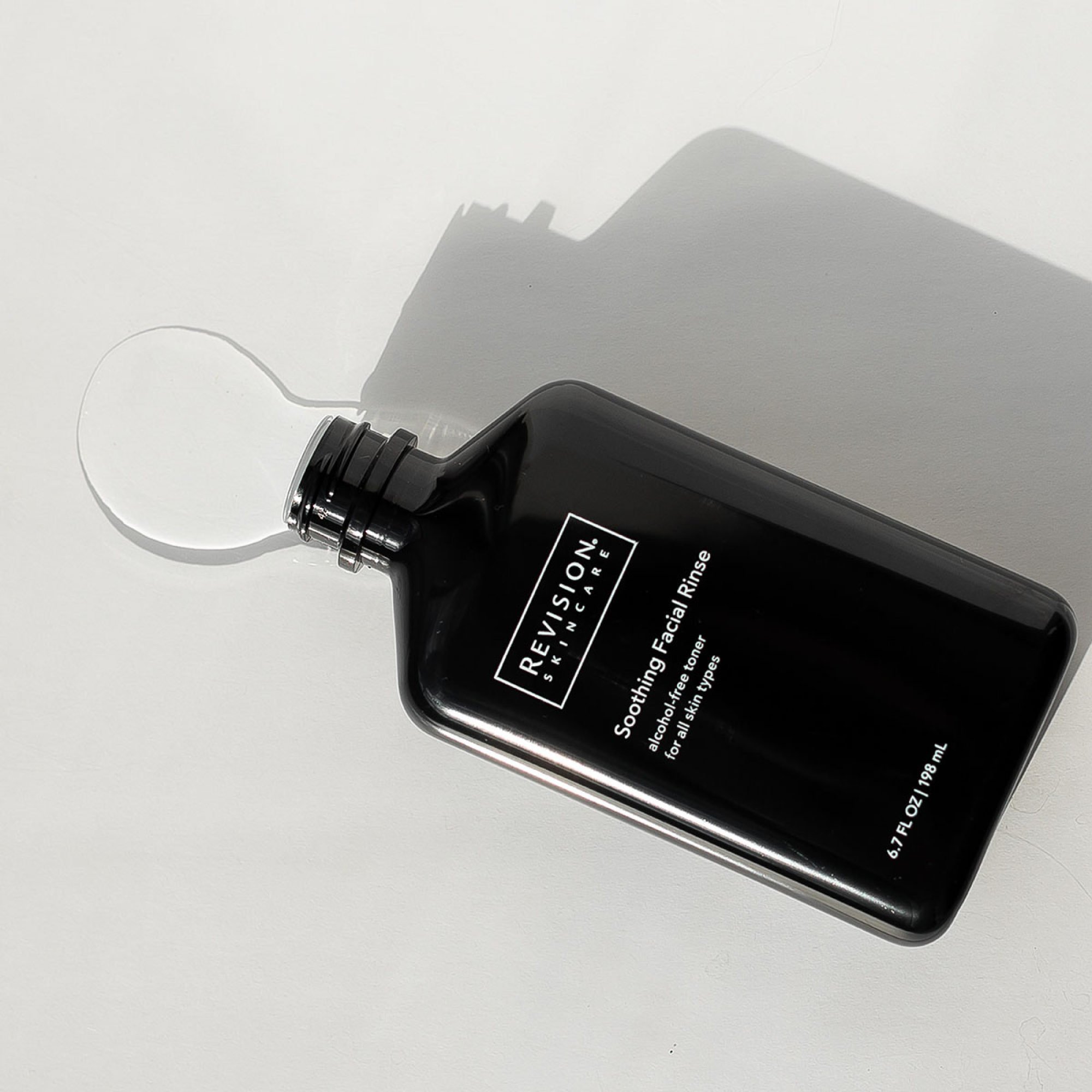
Alcohol in your skincare - is it the ‘good’ or ‘bad’ kind? Experts explain what to look out for
- There are two types of alcohol in skincare products – simple alcohol and fatty alcohol – and knowing what they do is essential to your routine
- Simple alcohols are dehydrating and should only be used in the short term, while fatty alcohols create a moisturising effect
Many skincare products use “free from” lists to prove their commitment to skin safety and environmental consciousness. No sulphates, no parabens, no mineral oils, no artificial colours, no fragrances – the list goes on, and keeps growing.
One of the most controversial items on “free from” lists is alcohol, which has become an unpopular ingredient in the past few years because many brands misuse it. While alcohol can damage skin, not all alcohols are created – or perform – the same way. That’s where the answer to “Should I avoid alcohols at all cost?” gets a bit tricky.
There are some alcohols you should avoid and some you should embrace. The key is knowing how to differentiate them.
“When it comes to cosmetics, we separate alcohol into two categories: simple alcohols and fatty alcohols,” says Rachaelle Rempe, founder of skincare brand Auraiha. She points out that although there are no “good” and “bad” alcohols per se, they can be used to achieve different results.

Simple alcohols
If they’re such a threat to your skin’s health, why do some brands still use them? Simple alcohols such as ethyl alcohol, methanol, ethanol, denatured alcohol, isopropyl alcohol, SD alcohol and benzyl alcohol are mostly used as antibacterials or as solvents that will improve a formula’s texture.

There are plenty of skincare lines for oily or acne-prone skin that use alcohol as an astringent, capable of absorbing excess oil and providing a refreshing, tightening sensation thought to be a sign that the product is doing its job.
Simple alcohols can make a product’s texture feel more lightweight, help other ingredients in the formula to penetrate skin better and act as preservatives. While all those features sound good, the real issues come after long-term use.

“Many skincare brands incorporate simple alcohols – like the type we drink – as astringents for toners, which benefits people with oily skin,” Rempe says. “…While these can produce results in the short term, studies indicate that simple alcohols negatively impact your skin in the long term – they irritate your skin and disrupt its ability to renew itself.”
Using these products as part of your daily routine can increase the amount of sebum your skin naturally produces to compensate for the dryness that alcohol is causing, and worsen conditions such as eczema and rosacea by exacerbating inflammation.

Fatty alcohols
At the other end of the spectrum, we have a group of alcohols that are exceptionally beneficial for your skin. Fatty alcohols are compounds derived from certain natural waxes, plants and unrefined cereals that act as emulsifiers and emollients in some products.

The non-irritating nature of fatty acids makes them the perfect agent to not only blend oil- and water-based ingredients together but also to help produce a creamy, thicker texture that will feel luxurious on your skin.
In addition, the emollient powers of fatty acids help flatten the cells on the outer layer of your skin, improving its texture and making it feel smoother and softer to the touch.
These non-irritating fatty alcohols can provide multiple benefits for all skin types, but even more so for those looking for an extra moisturising boost. “Fatty alcohols come from fatty acids, which are present in oils,” Rempe says. “These create a moisturising effect and help to thicken lotions and creams. [They] benefit our skin both short-term and long-term, especially for consumers prone to dry skin.”

Should you avoid alcohols or not?
Ultimately, it’s a matter of how and why those alcohols are there. When using spot treatments or treating an infected wound, simple alcohols are not bad as long as they’re not used long-term. If a product that you use regularly includes a simple alcohol in its formulation and is listed within the first six ingredients, it’s better to stay away from it.
As for fatty alcohols – they’re the misunderstood superheroes you want in your routine.

“Fatty alcohols are great … but when denatured, alcohol can have a drying, astringent-like effect on the skin,” Powell explains. “Kinship does not use denatured alcohol in our formulas because of its inability to protect the skin’s barrier effectively.”
Knowing how these alcohols work is a must to be able to judge a product before deciding if you want to use it, as they can either disrupt or enhance your routine.

